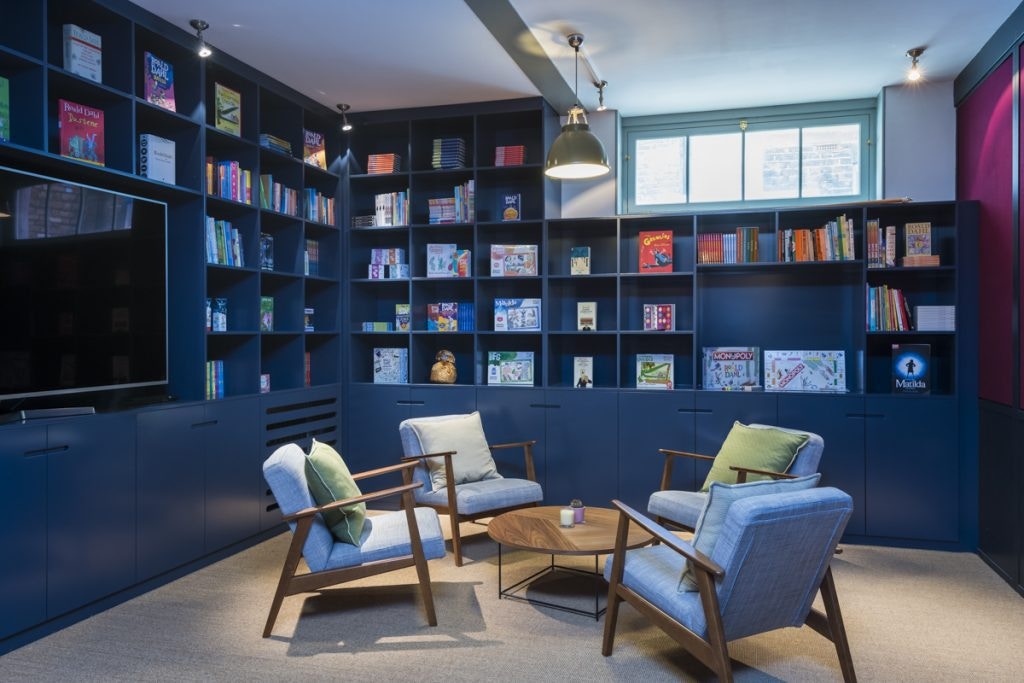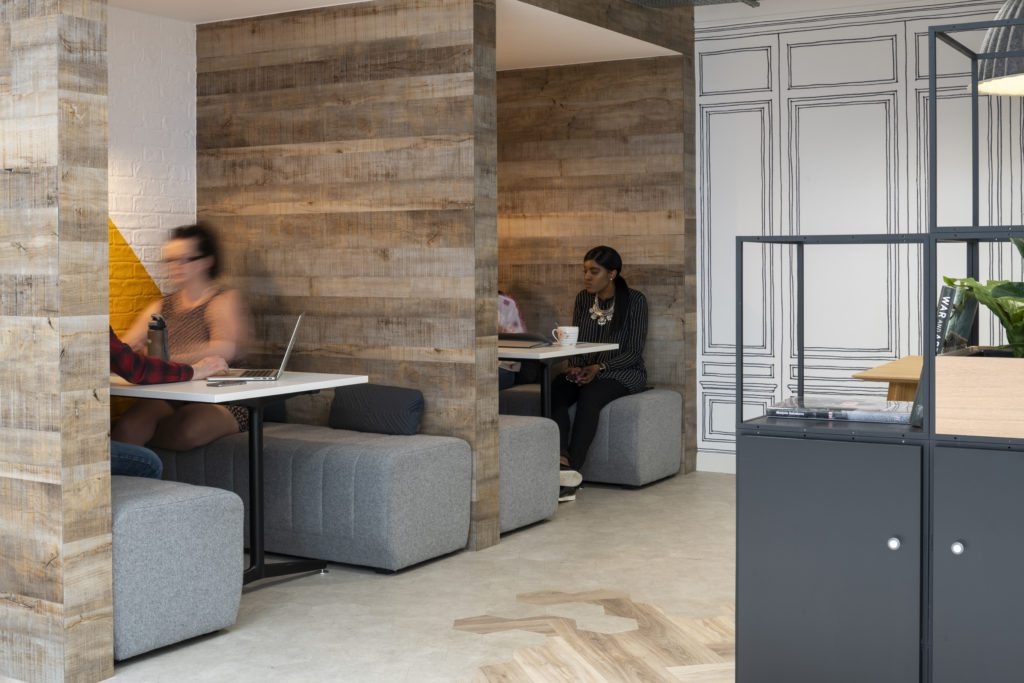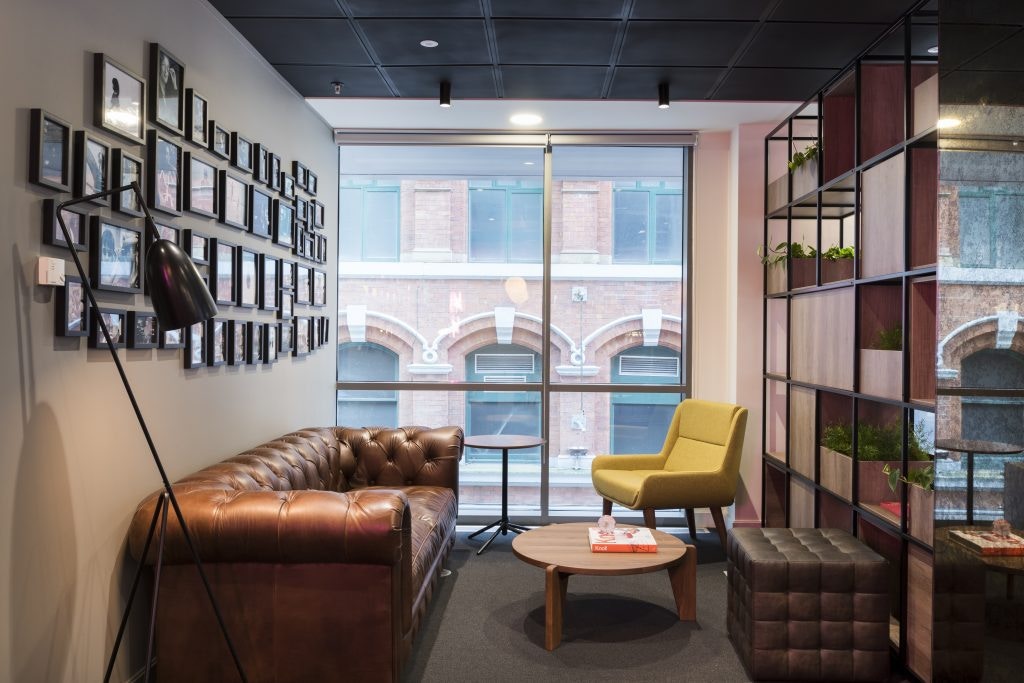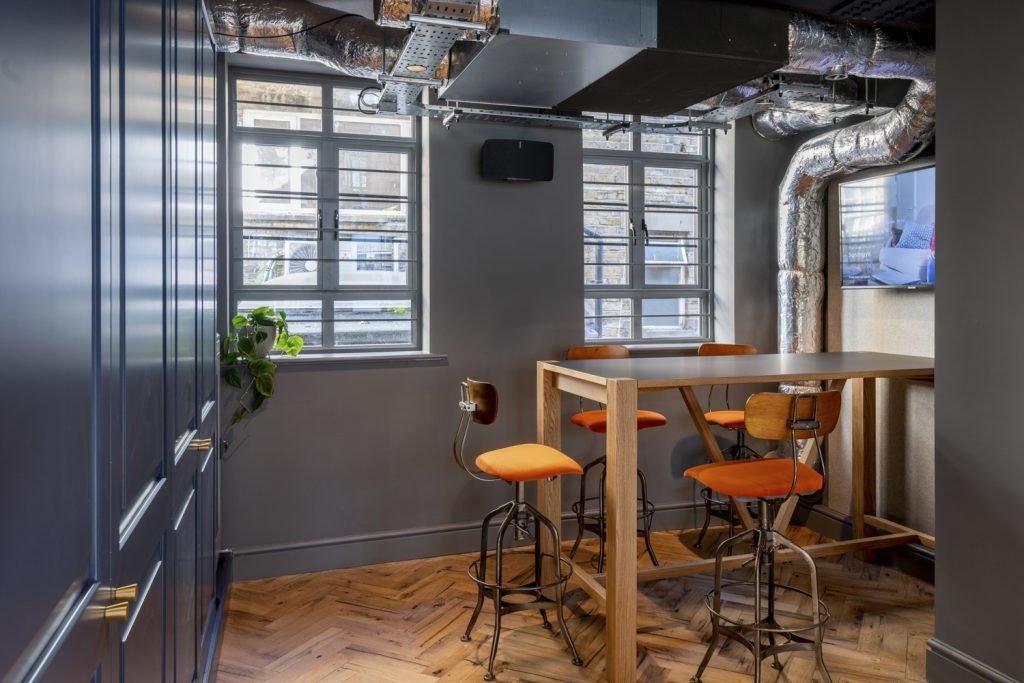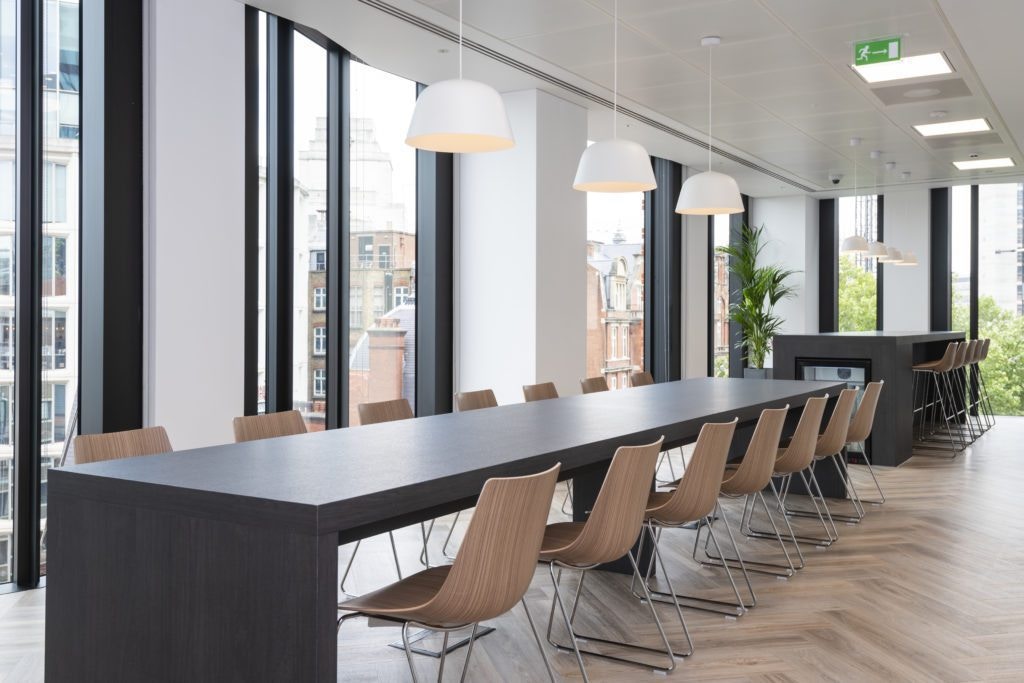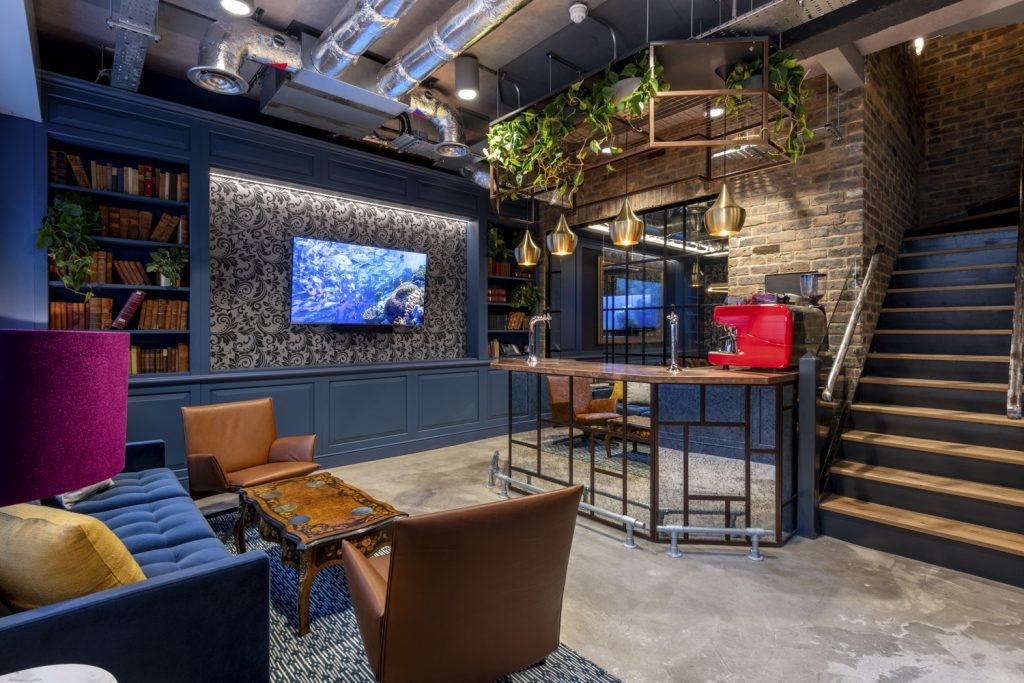Every year, we take a look at the emerging office design trends that we believe will shape the workplace and 2018 is no different.
- If you need office design expertise, check out our office design page
- Check out our latest office design trends for 2021 article
Past Office Design Trends
Last year, we wrote about workplaces becoming more flexible, how workplace wellbeing was now the norm, the emergence of biophilic office design, how technology was allowing staff to work from anywhere within the physical office and how offices were introducing homelier, creature comforts for staff. If you like, have a read of our office design trends to watch in 2017 article.
Our team universally agree that many of last year’s office design trends have now become important elements of the intricate office design fabric, with some such as workplace wellbeing and technology, fundamental considerations when creating any new workplace.
The Workplace of Today
We think it’s important to provide some context and to look at how utterly unrecognisable the workplace today is compared to the workplace of 10 years ago. The modern workplace centres around staff and their experience interacting with the space. It’s not just about the physical workplace anymore but more about how the space makes staff feel and what it’s like to work there. The workplace is now a critical tool that can help to attract (and retain) the best and brightest talent, and consequently, companies are investing more and more to create workplaces where staff love working.
